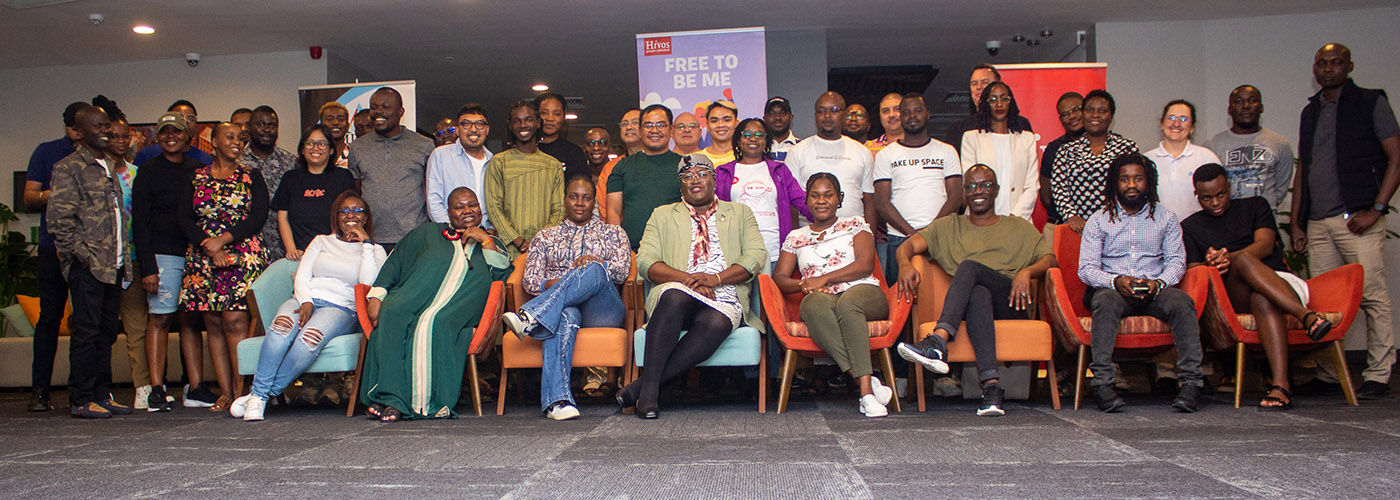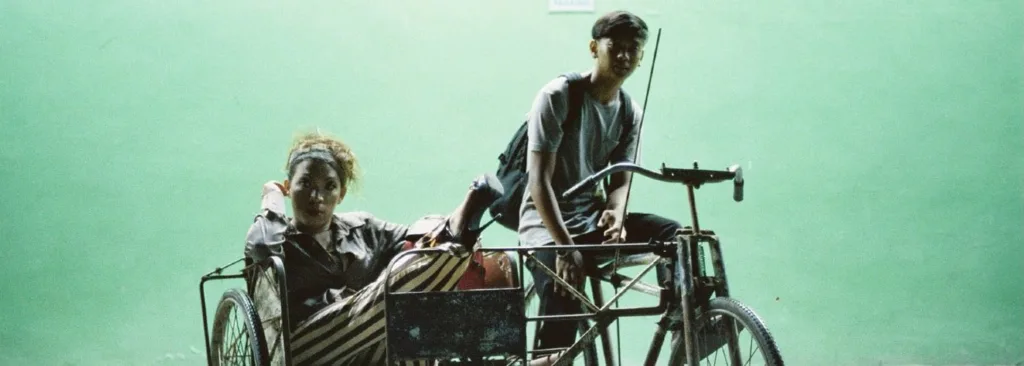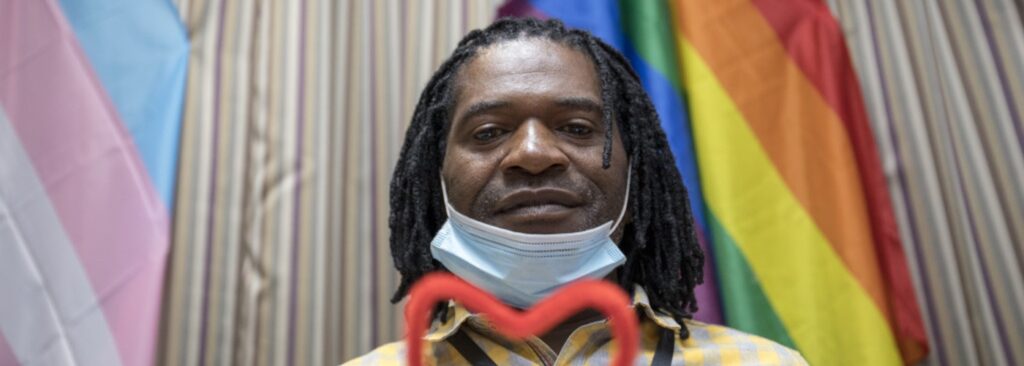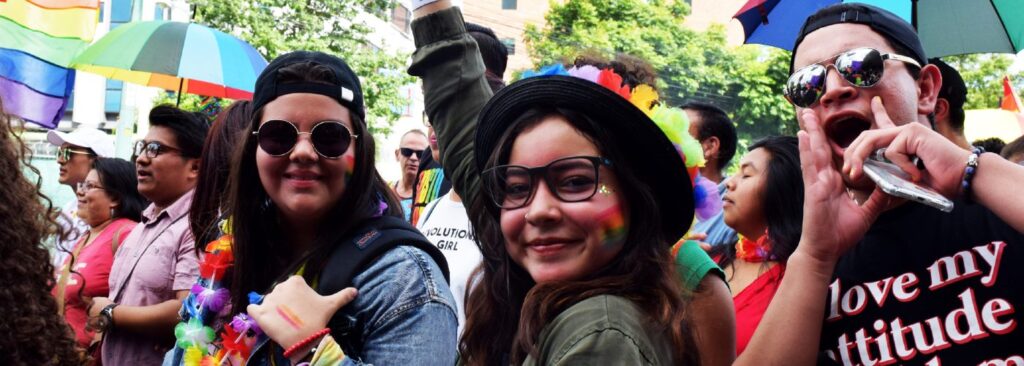Free to Be Me’s recent Pathway 4 Strategy and World Bank Advocacy Workshop began with a sense of optimism as we dove into equipping LGBTIQ+ advocates with the tools and knowledge to effectively implement the Pathway towards socio-economic empowerment for LGBTQI+ persons.
Held in Nairobi, the workshop brought together LGBTIQ+ advocates from nine countries to strategize and develop a cohesive plan for the implementation of Pathway 4. The goal? To enhance LGBTIQ+ economic empowerment and align it with the objectives of the World Bank’s global initiatives. As a crucial player in global financing, the World Bank holds significant sway over social protection policies, and understanding its structures, frameworks, and funding processes is vital for driving change at national levels where development projects are funded and implemented.. The training provided a comprehensive overview of World Bank systems, explored the economic empowerment landscape, and facilitated the development of advocacy strategies across countries.
Notably, Free to Be Me’s Pathway 4 underwent a significant transformation, shifting its focus from individual empowerment to a more comprehensive approach that addresses systemic barriers hindering economic inclusion for LGBTIQ+ communities. This revision was rooted in the understanding that economic empowerment is not solely about personal development but requires a concerted effort to dismantle internal and external structural impediments that perpetuate inequality.
Some of the key changes in the Pathway include a stronger emphasis on ecosystem strengthening and institutional change. By fostering collaboration among diverse stakeholders i.e., World Bank and Private Sector, and advocating for equitable policies and opportunities, the initiative aims to create a more supportive environment for LGBTIQ+ entrepreneurs to thrive in. This shift reflects a recognition that lasting economic empowerment requires a holistic approach that addresses both individual and societal factors. Evidently much thought had gone into updating the Pathway’s Theory of Change (ToC) to be more inclusive, robust, and tailored to the economic realities faced by marginalized communities. The workshop illuminated the potential we have as a collective to influence economic empowerment on the ground, country by country.
Consortium Partners Workplace Pride, ILGA World, and Positive Vibes conducted sessions to strategize how they would offer technical support to the CoAs in implementing Pathway 4. They also facilitated the technical working group to develop country-specific advocacy plans and Positive Vibes facilitated a LiLo UP’ session focused on addressing internalized and community-level barriers hindering LGBTIQ+ economic progress. Workplace Pride delved into private sector and multinational company (MNC) advocacy, exploring ways to engage these powerful actors in advancing LGBTIQ+ economic empowerment while ILGA World delved into coalition building and the importance of participating and contributing in global conferences, especially under the ECOSOC. Together we identified key opportunities to engage in global advocacy spaces. The workshop came to a conclusion with CoAs Country teams finalizing their work plan on Pathway 4 advocacy.
As Pathway 4 moves into its implementation phase, these advocates are ready to push for change, building a more inclusive world where economic empowerment becomes a reality for all. The next steps will require collective action, but with the strategies and work plans developed, we are well-positioned to influence change. The road ahead may be challenging, but as the workshop has shown, we are ready to face these challenges head-on together.




